As part of the Digital Health Series at the latest National Prevention Conference, Prof Martin Cowie, Professor Of Cardiology, Imperial College London delivered a session on Future Perspective: Technology and Cardiovascular Care. This session outlined how digital health is transforming the way cardiovascular prevention and care is being delivered globally. There are many exciting developments – changing the way healthcare professionals can support those at risk of, or living with, cardiovascular disease.
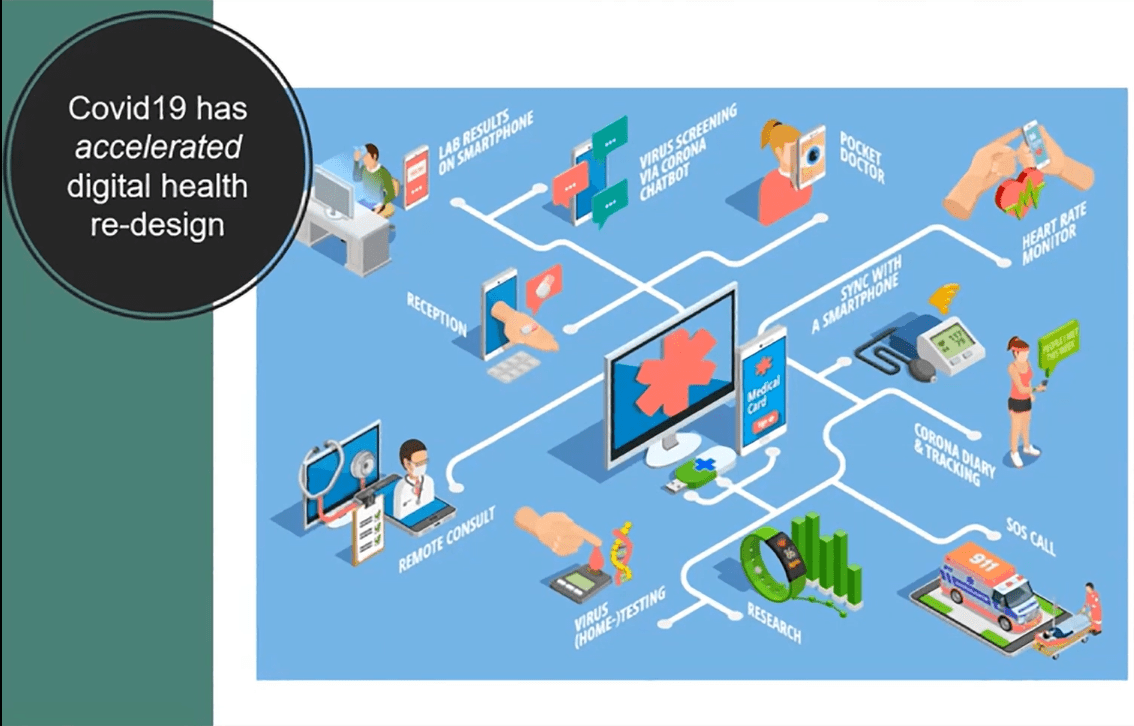
Covid–19 made us change the way we communicate almost overnight. Digital communication has now become the “new normal”. This can be seen in many aspects of the health industry. Patients can communicate with each other; doctors or clinicians and data is being used to monitor performance. Some people find this very welcoming, but others find it quite difficult, as they are not used to the technology or they may have limited access to it.

Remote consultation can be done from work or home and it allows workers to consult with their healthcare team. Remote Monitoring can collect information regarding blood sugar, blood pressure, heart failure and make this information visible to the healthcare team. These are both developing rapidly.
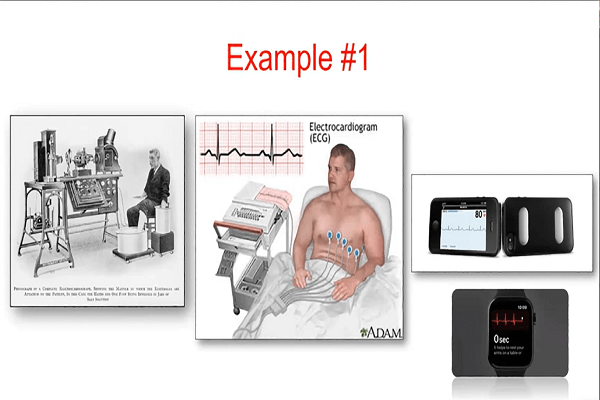
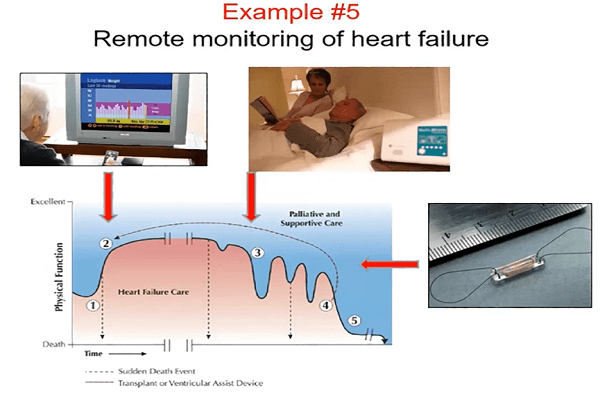
Above, you can see the evolution of the ECG Machine from the earliest version to the newest. Before the pandemic, patients had to go to a clinical setting to test their ECG. Now, there is a digital setting on smartphones or smartwatches which can test patient’s ECG and send the results via PDF to anywhere in the world.
Remote monitoring has a range of technology to monitor heart failure. There are more straight forward methods including weighing scales, blood pressure etc., and complex devices which can monitor using implantable devices, like an ICT or CRT.
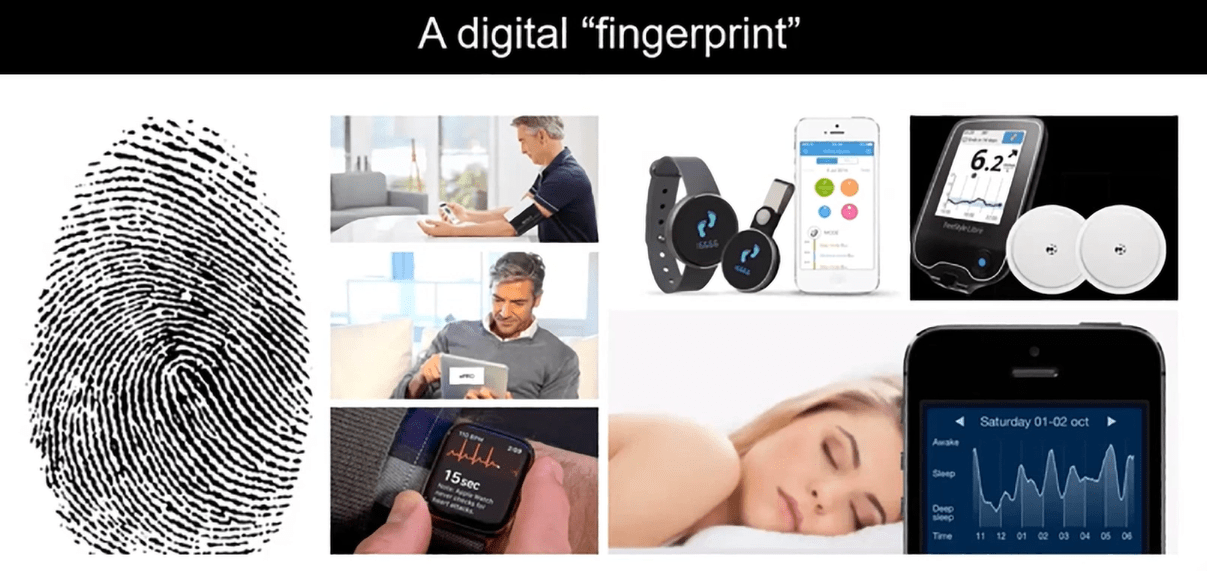
Conclusion
So, what is the future of cardiology? Virtual consultations in primary and secondary care should be the way forward, patients should only have to visit the hospitals when necessary. This is the new norm. Patient pathway should be streamlined and agile to avoid duplicate investigation and referrals, taking co-mobilities into account.

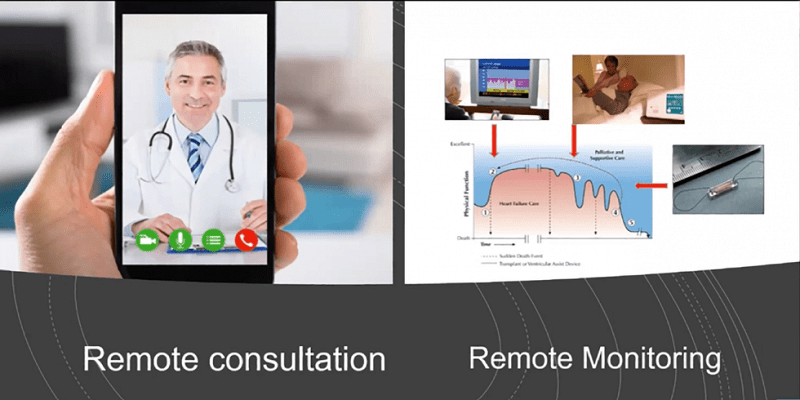
Recent Comments